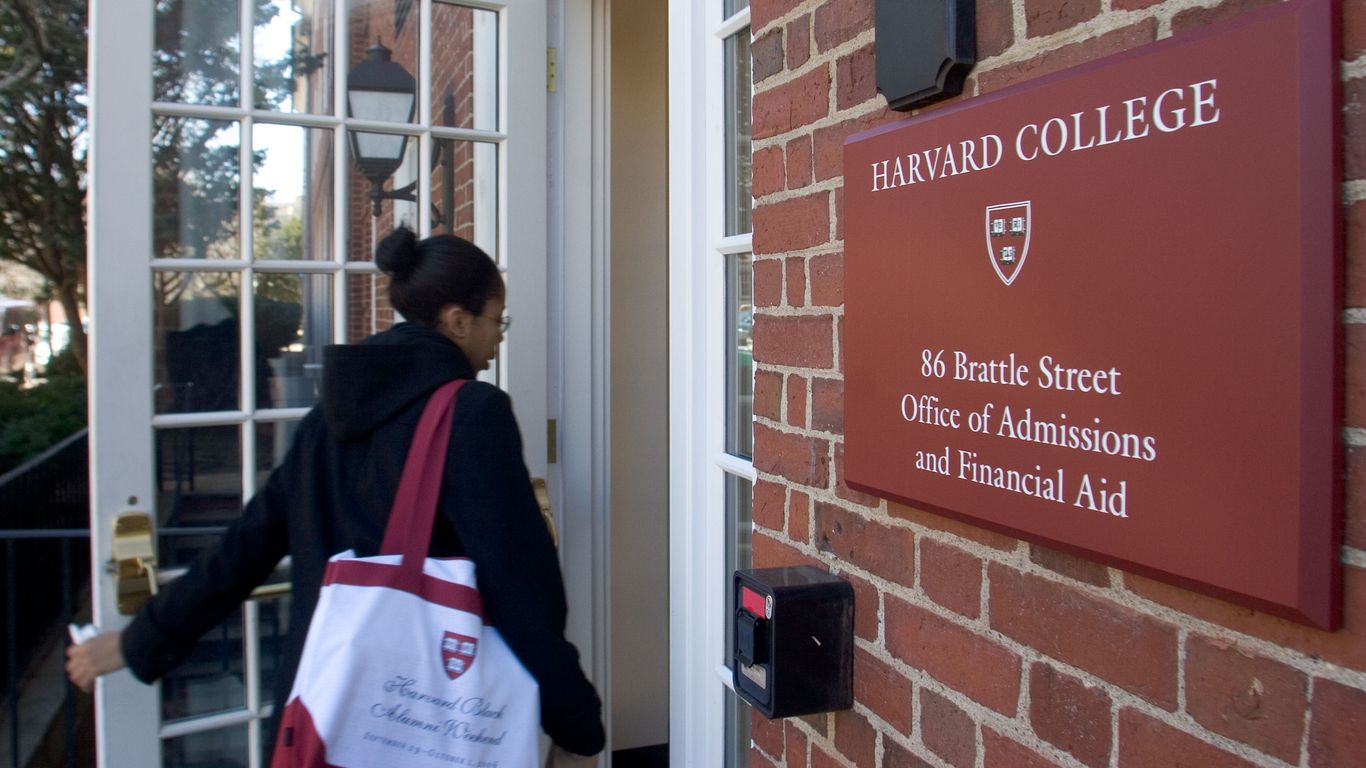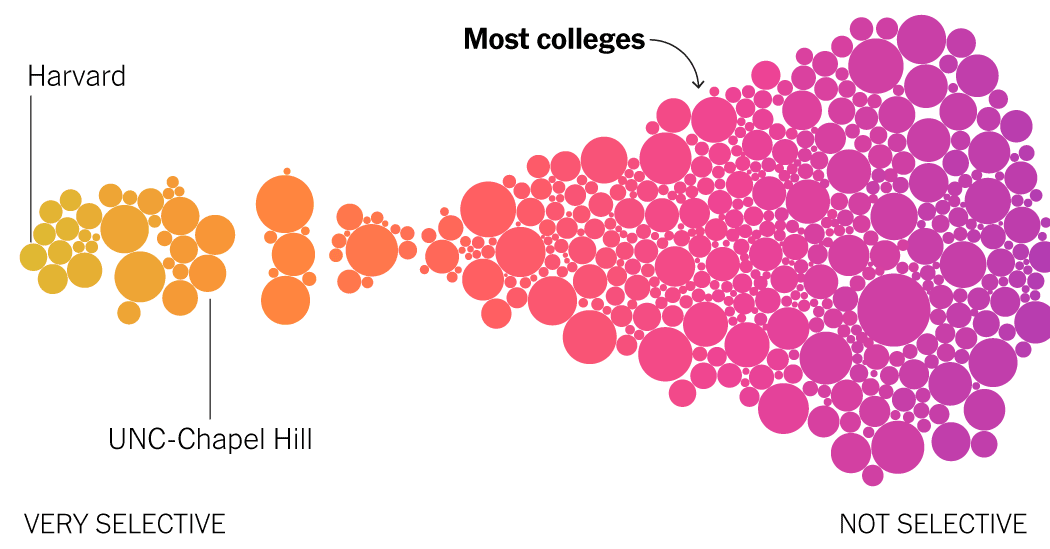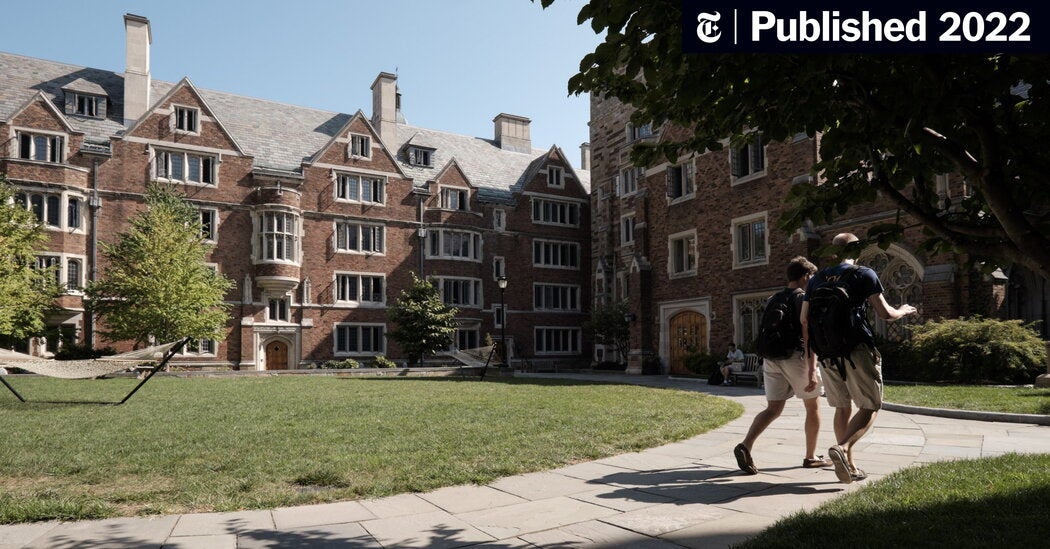D
deleted1156722
I guess you don’t agree with the civil rights complaints against Harvard and like to draw your own conclusions on the demographics of legacy admissions.Harvard is just one school and the claim you make at the end isn’t well supported at all, unless you have further proof. What seems and what is are two different things.
My immediate thought is that Waxman just might be right in doubting that legacy admissions would allow for more diversity. There’s no evidence and who’s to say that more not-rich Asians and whites won’t just take the places of the legacy students which doesn’t increase diversity?
As for him saying they would lose their character and originality, I’m not sure what that meant.
According to this complaint, applicants tied to donors were nearly seven times more likely to get into Harvard between 2014 and 2019. Legacy applicants were nearly six times more likely to get in. And nearly 70% of the college's donor-related and legacy applicants were white.
Lawyers for Civil Rights, a nonprofit based in Boston, filed the civil rights complaint today on behalf of Black and Latino community groups in New England, alleging that Harvard’s admissions system violates the Civil Rights Act.
Maybe you need to listen closely to what you state in your post : “What seems and what is are two different things.”

Civil rights groups target Harvard's legacy, donor admissions
Legacy admissions face renewed scrutiny after the Supreme Court's affirmative action ruling.






